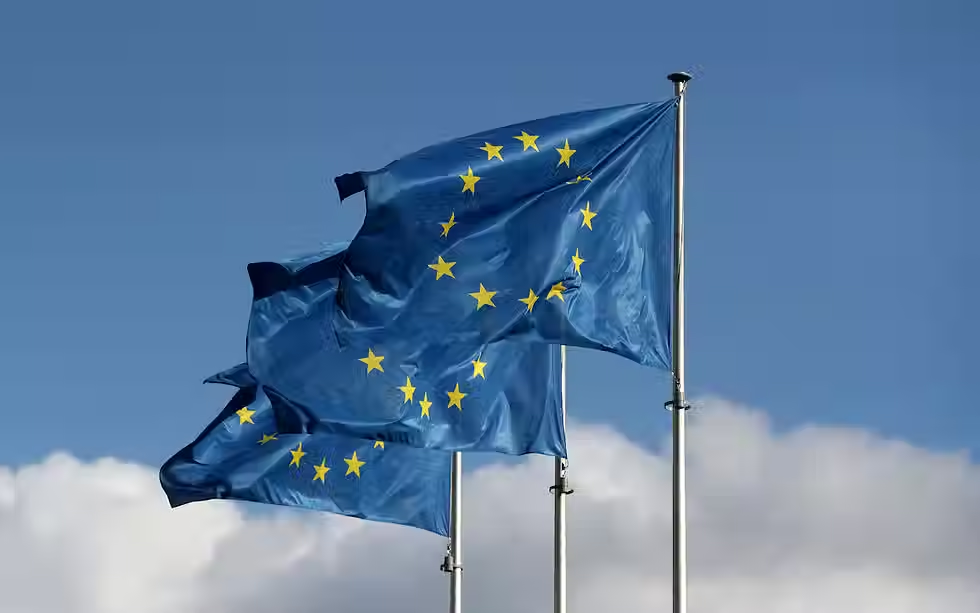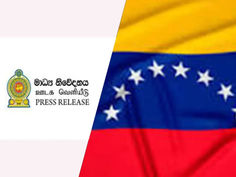Saudi Arabia’s Historic Shift: Easing the Alcohol Ban to Boost Tourism and Modernization
- Jatinder Singh

- May 29, 2025
- 3 min read
Jatinder Singh, JadeTimes Staff
Jatinder Singh is a Jadetimes news reporter covering Tourism and Middle East news.

In a groundbreaking move that marks a historic departure from nearly 70 years of strict Sharia law enforcement, Saudi Arabia has reportedly begun easing its alcohol ban in select areas, primarily aimed at foreign diplomats, expatriates, and tourists. This signals not only a major shift in the Kingdom’s cultural landscape but also a bold step in modernizing its economy and opening up to global tourism.
What Has Changed?
For decades, Saudi Arabia had one of the most stringent bans on alcohol in the world. Consumption, possession, or trafficking of alcohol was punishable by harsh penalties, including fines, imprisonment, and even flogging.
However, under the leadership of Crown Prince Mohammed bin Salman, the country is redefining its image. As part of the ambitious Vision 2030, the government is focused on diversifying its oil-dependent economy and promoting sectors like tourism, entertainment, and international business.
Recent Developments:
The Kingdom has allowed alcohol sales in designated zones like NEOM or special diplomatic compounds.
The alcohol access is strictly regulated, initially limited to non-Muslim foreigners.
This change is being positioned as an economic, not religious, decision.
Impact on Sharia Law and Muslim Sentiment
This decision, while strategic for tourism and modernization, has sparked controversy and deep debate within the global Muslim community. For many devout Muslims, the ban on alcohol is a core tenet of Islamic law, and its enforcement has been a point of pride and identity, especially in Saudi Arabia—the land of Islam’s two holiest sites: Mecca and Medina.
Critics argue that:
This move undermines Islamic values and opens the door to further Westernization.
It sets a double standard: allowing alcohol for tourists but not for citizens.
It creates confusion among Muslims globally, especially those who advocate Sharia implementation in countries like the UK, India, and others.
Global Muslim Reaction: A Divided Response
1. Muslim Diaspora in the West
In countries like the UK, France, and Germany, segments of Muslim communities have historically advocated for Sharia-compliant spaces or policies, including the prohibition of alcohol.
Saudi Arabia’s shift weakens the ideological backbone of these movements, as the very country they point to as a model is reforming its stance.
2. Muslim-majority Nations
In India, Pakistan, and Bangladesh, this development has ignited discussions among religious leaders and political commentators.
Some conservative voices claim this will dilute Islamic identity.
Others view it as a pragmatic step in a changing world where religion and modern governance must find balance.
Why Is Saudi Arabia Doing This?
At the heart of this move is Vision 2030, an economic diversification strategy to reduce reliance on oil revenues. Tourism is a key pillar.
Saudi Arabia is:
Targeting 100 million annual visitors by 2030.
Hosting events like Formula One, music festivals, and global expos.
Building futuristic cities like NEOM, expected to host millions of foreign workers and tourists, many of whom expect certain lifestyle freedoms—including moderate access to alcohol.
The country understands that to compete with UAE (especially Dubai) and Qatar in global tourism and hospitality, some cultural flexibility is essential.
A Paradigm Shift or a Limited Experiment?
While the current changes are limited and experimental, they may lay the groundwork for However, Saudi officials are being careful not to alienate the religious population, emphasizing that:
Alcohol will not be allowed in Mecca or Medina.
Sharia will still remain the foundation of the legal system.
Social and cultural norms will be protected.
Navigating Tradition and Transformation
Saudi Arabia’s decision to partially ease the alcohol ban is a landmark shift, reflecting its commitment to modernization and global integration. While it may disturb conservative Islamic sentiments worldwide, it also marks a new era of pragmatic governance—one that balances tradition with ambition.
The broader impact will unfold over time. As the Kingdom navigates this delicate path, the Muslim world watches closely—torn between reverence for religious law and the realities of a changing global order.











































Comments